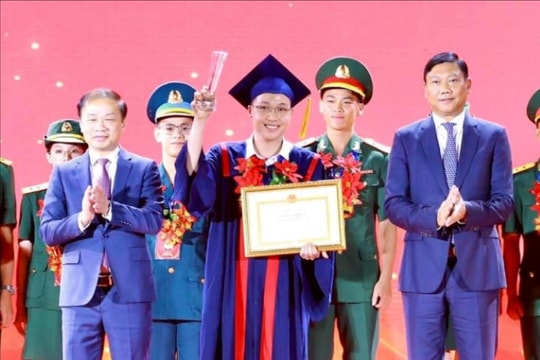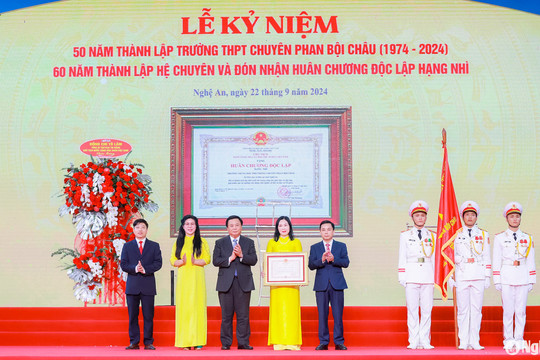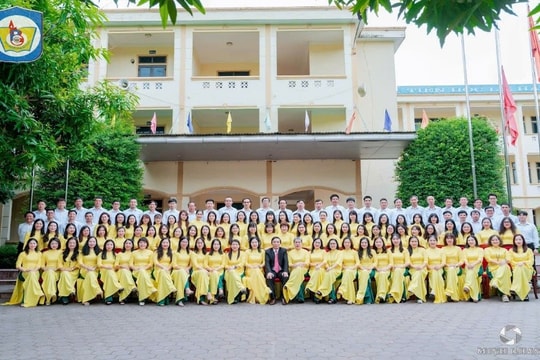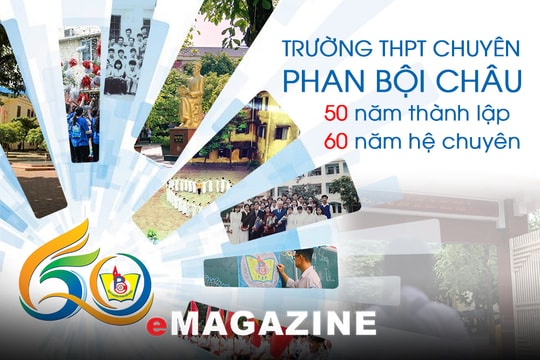Solemn 84th death anniversary of patriot Phan Boi Chau
On the morning of October 31 (ie September 29th of the lunar calendar), at the Phan Boi Chau Memorial Site in Nam Dan town, Nam Dan district, the Department of Culture and Sports of Nghe An organized a flower and incense offering ceremony on the occasion of the 84th death anniversary of patriot Phan Boi Chau.
Attending the ceremony were comrades: Phan Dai Nghia - Member of the Provincial Party Standing Committee, Commander of the Provincial Military Command; Nguyen Thi Hong Hoa - Member of the Provincial Party Executive Committee, Head of the Provincial Party Propaganda Department; Tran Thi My Hanh - Member of the Provincial Party Executive Committee, Director of the Department of Culture and Sports.
Also attending were representatives of provincial departments, agencies, units; leaders of Nam Dan district, Phan family council, representatives of the Board of Directors, teachers, students, and alumni of Phan Boi Chau High School for the Gifted.
.jpg)
Phan Boi Chau's real name was Phan Van San, his pen name was Sao Nam, born on December 26, 1867 in Sa Nam village, Dong Liet commune, Nam Dan district (now Xuan Hoa commune, Nam Dan district) in a patriotic Confucian family.
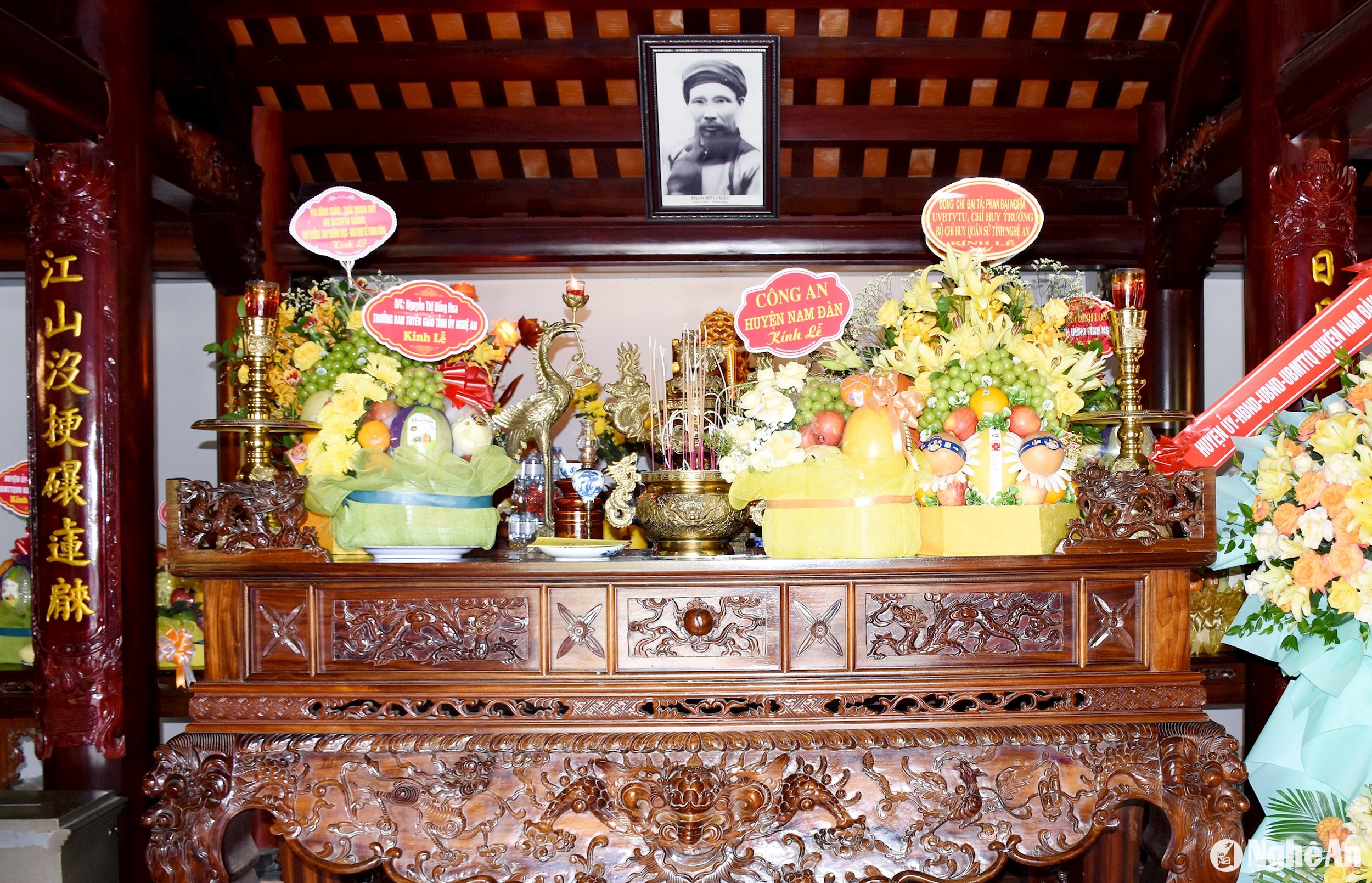
With a policy of saving the country in a violent direction, Phan Boi Chau founded Duy Tan Association and Viet Nam Quang Phuc Association to gather forces to fight with armed revolutionary weapons and ask for external aid.
Among those movements, the most prominent was the Dong Du movement with the spirit of "same continent, same race, same culture" which created the foundation for changes in our country in the early 20th century.
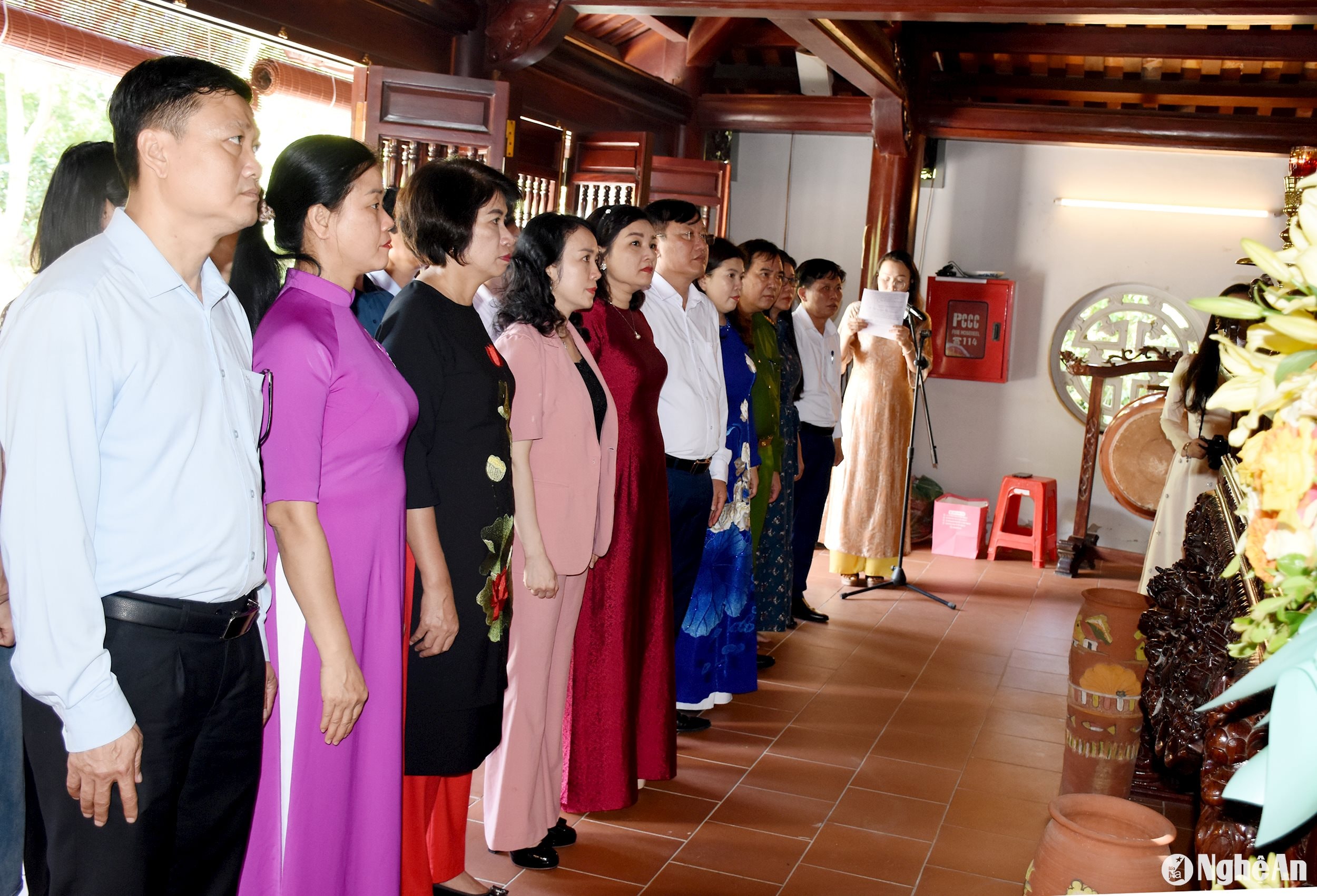
The movement received support from a number of Japanese politicians, but more than that, it was the dedicated help of Dr. Asaba. From 1905 to 1908, more than 200 Vietnamese students went to Japan to study, contributing to the training of intellectuals ready to accept the path of proletarian revolution, and at the same time being an important link, a milestone marking the friendship between Vietnam and Japan in the field of culture and education. To this day, the Dong Du movement still retains its value in the cause of national development.
In mid-1925, Phan Boi Chau was arrested by the French colonialists in Shanghai, brought back to Vietnam, and tried at the Hanoi Criminal Court. In response to the nationwide movement demanding Phan Boi Chau's release, he was taken to Hue for exile. On the morning of October 29, 1940, or September 29, Canh Thin year, Phan Boi Chau breathed his last in a thatched house on Ben Ngu slope.
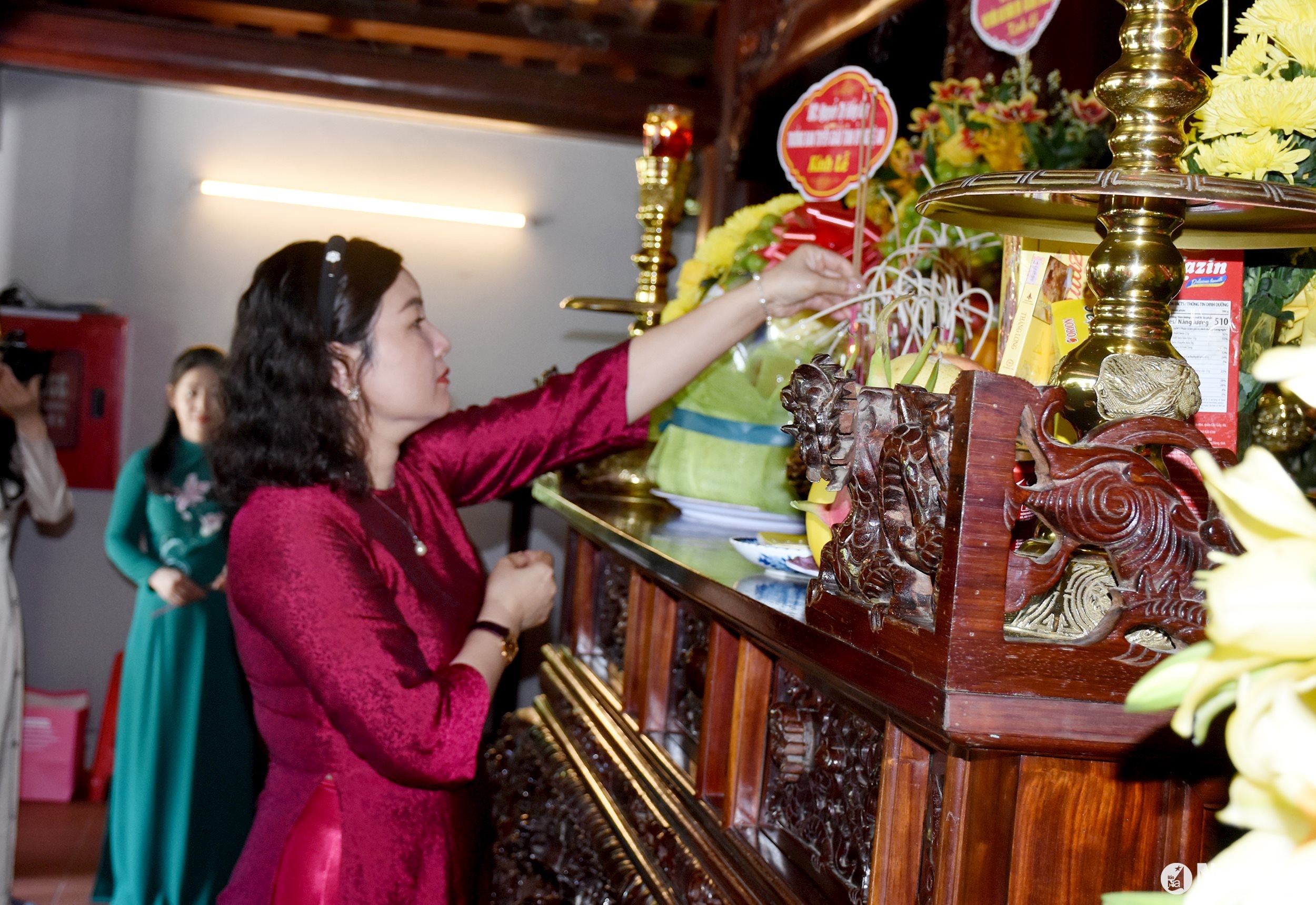
Not only a patriot, Phan Boi Chau was also a great poet and cultural figure. He left behind a huge poetic legacy with thousands of works. His poetic lines, filled with enthusiasm, written with all his mind and heart, moved people's hearts, urged and encouraged millions of compatriots to sacrifice themselves for a great cause, to drive out the French invaders, and save the country: "Millions of people contribute/Building the country's career/Our people of our people/People are people, country is country, people".
These poetic legacies contributed to beautifying the flower garden of Vietnamese literature in the early 20th century, arousing patriotism, national pride, and a spirit of persistent revolutionary struggle in all classes of people.
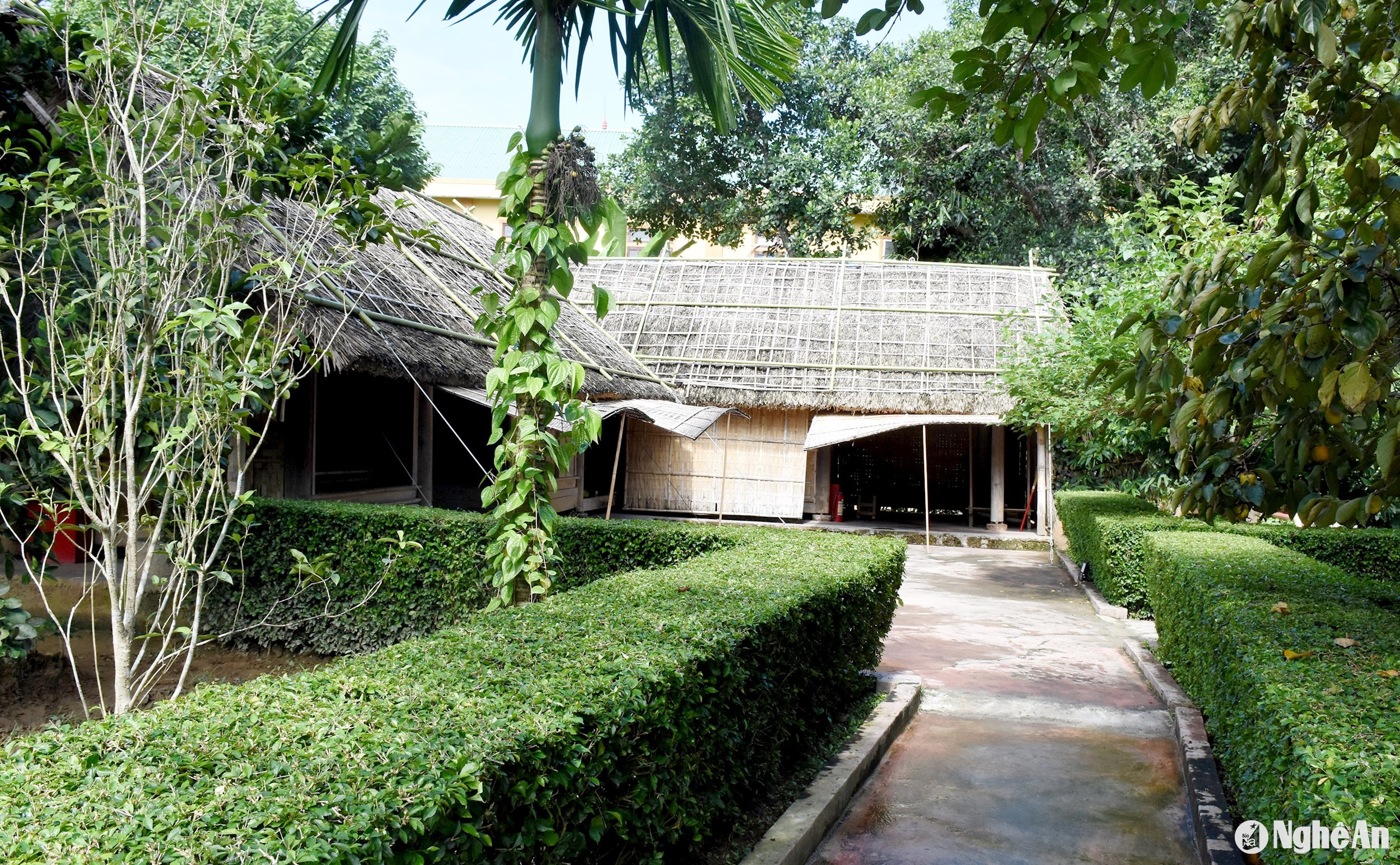
Phan Boi Chau devoted his entire life to the national liberation movement in the early years of the 20th century, as a shining example of patriotism, loyalty and steadfastness to the country and mountains, as affirmed by leader Nguyen Ai Quoc - Ho Chi Minh: He was "a hero, an angel, a person who sacrificed himself for national independence, revered by 20 million enslaved people".
In the sacred and solemn atmosphere, remembering and paying tribute to Mr. Phan Boi Chau, the delegation offered incense and fresh flower baskets to express their respect, infinite gratitude and pride towards the revolutionary predecessor, demonstrating the Vietnamese people's morality of remembering the source of water.

